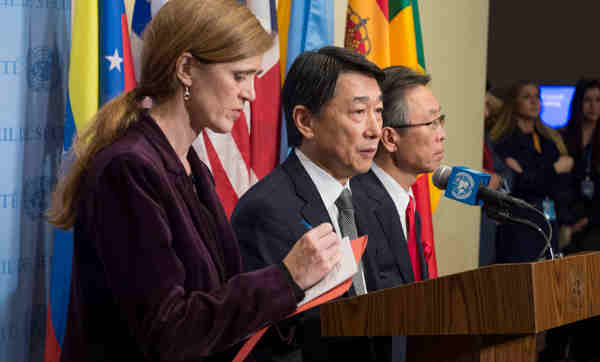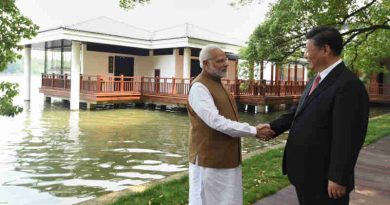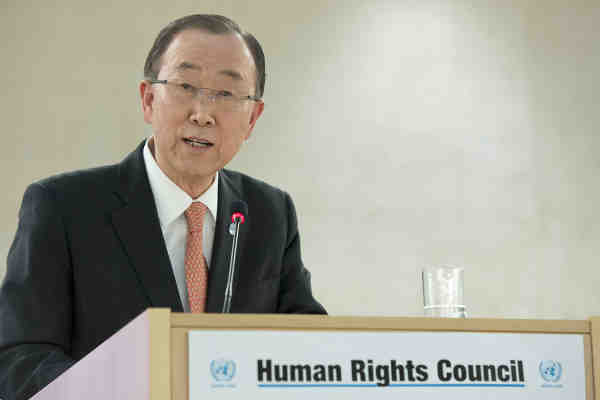How to Improve the Human Rights Situation in North Korea

A United Nations (UN) rights expert has appealed to governments and civil society organizations to put people squarely at the centre of their approaches to improve the human rights situation in the Democratic People’s Republic of Korea (DPRK) or North Korea.
The Special Rapporteur on the situation of human rights in the DPRK, Tomás Ojea Quintana, concluded a 10-day visit to the Republic of Korea and then to Japan – his first trip to North-East Asia after being appointed by the United Nations Human Rights Council in August 2016.
The Special Rapporteur said he had been privileged to hear first-hand from people who had left the country.
“I was particularly moved by their testimonies as well as their resilience. Talking to these victims has allowed me to understand some of the human rights violations that motivate their decision to leave,” Mr. Ojea Quintana said. “It was remarkable that these people were well aware of their rights. Despite all the challenges that they have been through, they now look forward to the future.”
[ Modi’s Demonetization Is Organized Loot, Says Dr. Manmohan Singh ]
“I also met people who have lost trace of close relatives as a result of abductions or displacement during the Korean War. Their suffering is enormous and the urgency for the solution is accelerating with advancing age of victims and their families,” the independent expert told reporters in Tokyo.
The expert also stressed the need to hold perpetrators of human rights violations accountable for their actions, which he said had been reflected in his discussions with government agencies in the Republic of Korea and Japan. Pursuing accountability could also deter further violations, he added.
[ Stop Human Rights Abuses in Kashmir: Rights Groups ]
Some civil society groups, the expert noted, were documenting cases and focusing on accountability, while others were trying to expand humanitarian and human rights initiatives by pushing for more engagement with the DPRK authorities. He said both approaches were complementary and all civil society groups deserved his support.
“I do not see that these two ways – pursuing accountability and seeking engagement – exclude each other,” said Mr. Ojea Quintana. “The situation in the DPRK is extremely complex and requires a multi-faceted approach. People must always remain central to all these efforts.”
The Special Rapporteur will deliver a full report on his mission to the Human Rights Council in March 2017.
💛 Support Independent Journalism
If you find RMN News useful, please consider supporting us.




